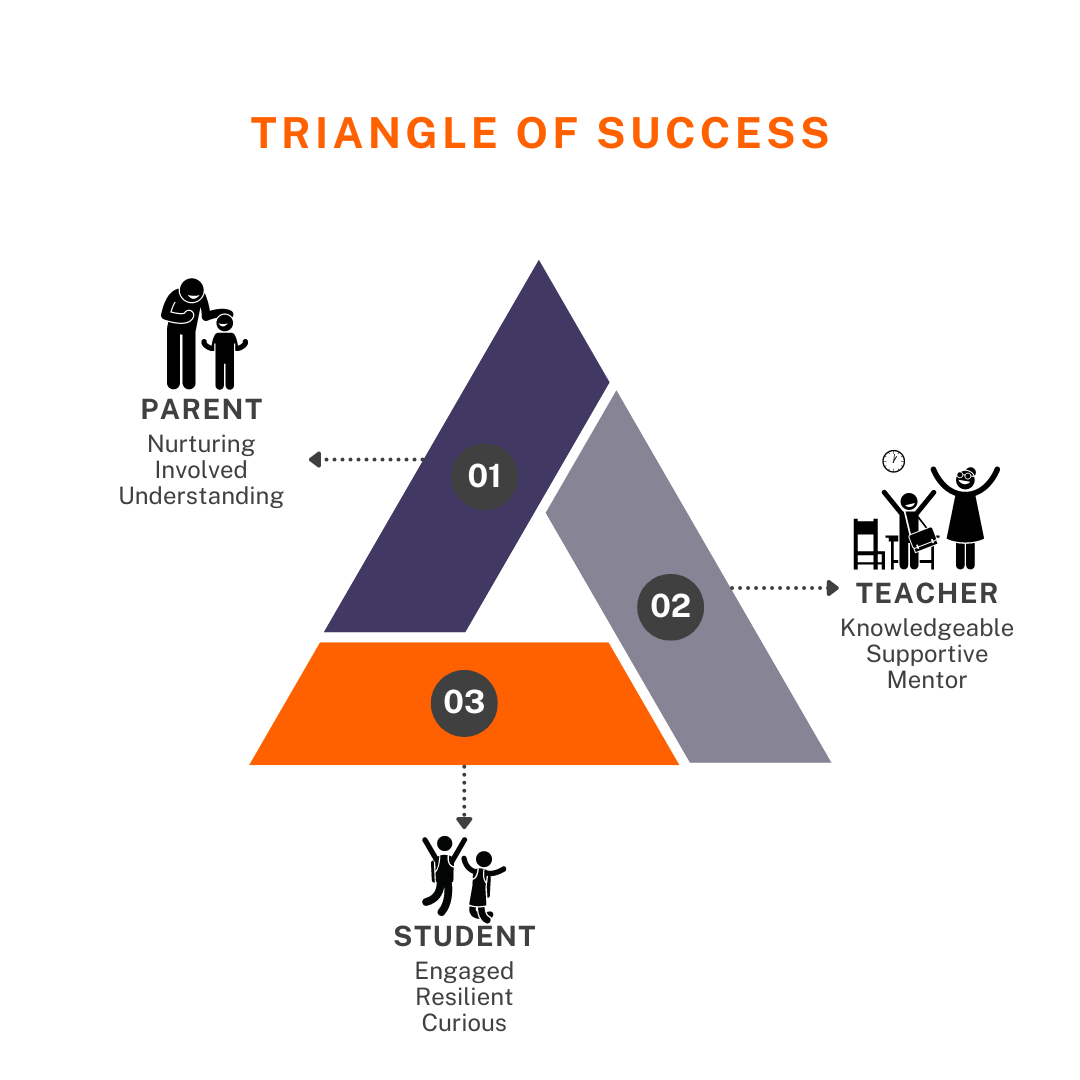Building Strong Study Habits in Children: Parental Advice

Building Strong Study Habits in Children: Parental Advice
Introduction
Building strong study habits in children is crucial for their academic success and lifelong learning. As parents, your role is pivotal in guiding and supporting your child’s educational journey. Research shows that parental involvement significantly influences a child’s academic achievement and motivation. Here are some evidence-based tips to help you foster effective study habits in your children.
Create a Conducive Study Environment

A well-organized and quiet study space can improve concentration and productivity. Studies indicate that a dedicated study area minimizes distractions and enhances focus (Zimmerman, 2008).
Tips:
- Designate a specific area for studying.
- Ensure it is well-lit and free from noise.
- Keep all study materials organized and within reach.
Establish a Routine

Consistency is key to developing strong study habits. Research suggests that a regular study schedule helps children manage their time better and reduces procrastination (Pajares, 2002).
Tips:
- Set a consistent study time each day.
- Encourage short breaks to avoid burnout.
- Balance study time with recreational activities.
Encourage Goal Setting

Setting realistic and achievable goals can motivate children to stay focused and committed. Goal setting has been shown to improve academic performance and self-regulation (Bandura, 1997).
Tips:
- Help your child set specific, measurable goals.
- Break down larger tasks into smaller, manageable steps.
- Celebrate achievements to boost confidence.
Promote Active Learning

Active learning techniques, such as summarizing, questioning, and discussing, enhance comprehension and retention. Research indicates that active engagement in the learning process leads to better academic outcomes (Prince, 2004).
Tips:
- Encourage your child to teach back what they have learned.
- Use flashcards for self-quizzing.
- Discuss topics together to reinforce understanding.
Foster a Growth Mindset

A growth mindset, the belief that abilities can be developed through effort and learning, positively impacts motivation and resilience. Studies by Carol Dweck highlight the importance of fostering a growth mindset in children (Dweck, 2006).
Tips:
- Praise effort rather than innate ability.
- Encourage your child to embrace challenges and learn from mistakes.
- Model a growth mindset by demonstrating your own learning process.
Limit Distractions

Minimizing distractions, especially from electronic devices, is essential for effective studying. Research shows that multitasking with digital devices can impair cognitive performance and reduce study efficiency (Ophir, Nass, & Wagner, 2009).
Tips:
- Set rules for limited use of electronic devices during study time.
- Use apps or tools to block distracting websites.
- Encourage breaks for recreational use of devices.
Conclusion
By implementing these evidence-based strategies, you can help your child build strong study habits that will serve them well throughout their academic career and beyond. Remember, your involvement and support play a crucial role in their success. For more tips and resources, visit DecaDaily.
References
- Bandura, A. (1997). Self-Efficacy: The Exercise of Control. W.H. Freeman.
- Dweck, C. S. (2006). Mindset: The New Psychology of Success. Random House.
- Ophir, E., Nass, C., & Wagner, A. D. (2009). Cognitive control in media multitaskers. Proceedings of the National Academy of Sciences, 106(37), 15583-15587.
- Pajares, F. (2002). Overview of social cognitive theory and of self-efficacy. Retrieved from http://www.emory.edu/EDUCATION/mfp/eff.html
- Prince, M. (2004). Does active learning work? A review of the research. Journal of Engineering Education, 93(3), 223-231.
- Zimmerman, B. J. (2008). Investigating self-regulation and motivation: Historical background, methodological developments, and future prospects. American Educational Research Journal, 45(1), 166-183.



